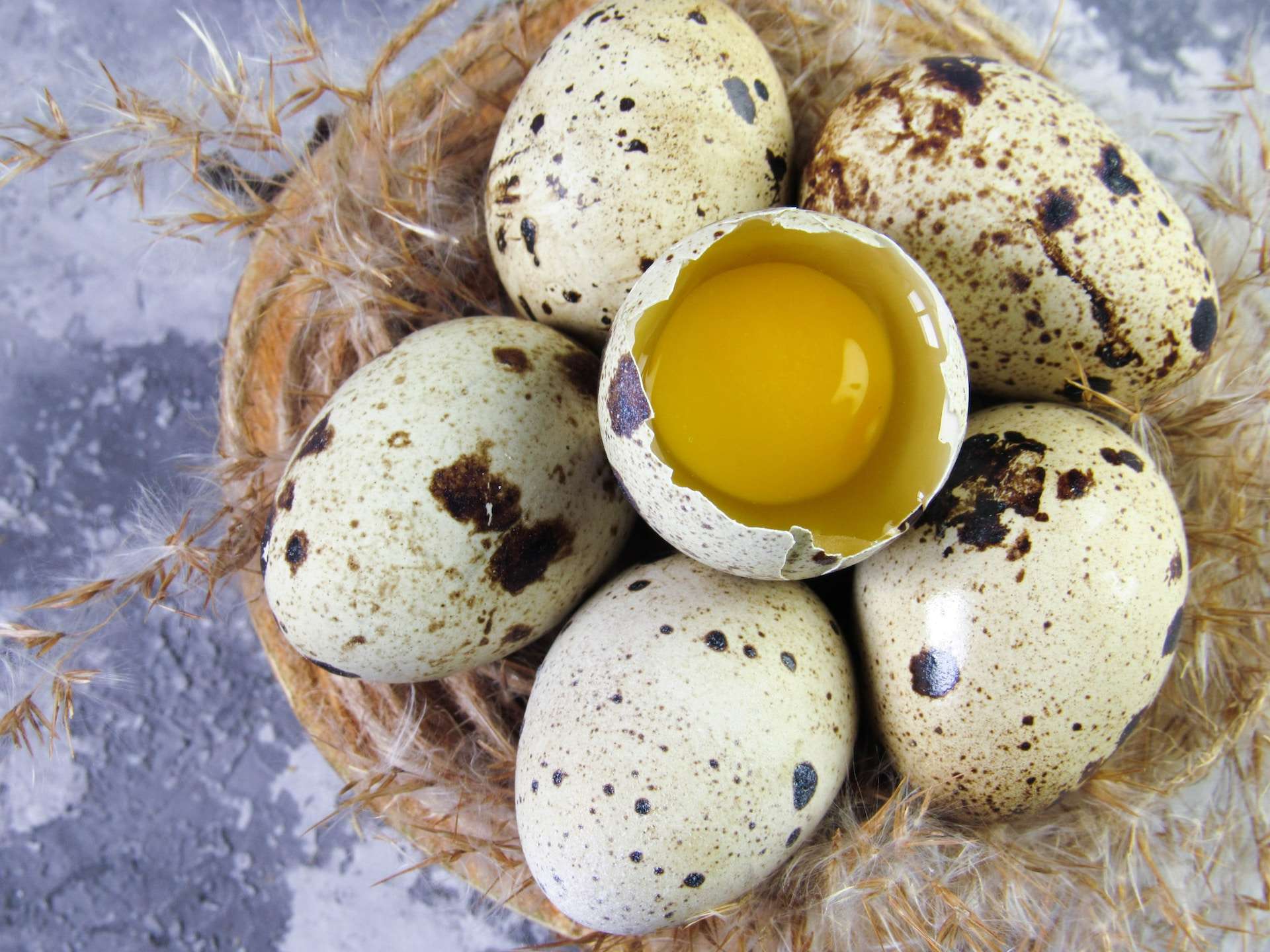
When it comes to unique and fascinating birds, quail are definitely at the top of the list. These small game birds have a rich history and are known for their distinct appearance and behavior. Whether you’re a bird enthusiast or someone who simply appreciates nature’s wonders, learning about quail can be an enriching experience.
In this article, we will explore 19 fascinating facts about quail that will surely pique your curiosity. From their adaptability to their impressive reproductive habits, quail have many interesting characteristics worth discovering. So, let’s dive in and gain a deeper understanding of these delightful creatures!
Key Takeaways:
- Quail are small, social birds with diverse diets and unique reproductive habits. They play a significant ecological role and have been domesticated for centuries for their eggs and meat.
- Quail have exceptional camouflage abilities, can run at impressive speeds, and can survive without water for extended periods. They also have cultural significance and are popular among hunters.
Quail are small game birds.
Quail belong to the family Phasianidae and are known for their small size and unique feather patterns. They are widespread across various continents, including North America, Europe, Asia, and Australia.
There are over 130 species of quail.
Quails come in a wide range of species, each with its own characteristics and habitat preferences. Some well-known species include the Bobwhite Quail, California Quail, Gambel’s Quail, and Japanese Quail.
Quail eggs are highly nutritious.
Quail eggs are smaller than chicken eggs but pack a nutritional punch. They are rich in protein, vitamins, and minerals, making them a popular choice in various cuisines around the world.
Quail are known for their distinctive calls.
Male quails are known for their unique mating calls, which are often referred to as “whistling” sounds. These calls serve as a way for males to attract females and establish territory.
Quail are social birds.
Quail are highly social birds and often live in groups called coveys. These coveys provide protection, enhance mating opportunities, and allow for easier foraging.
Quail can fly, but they prefer to run.
Although quail have the ability to fly, they are better at running. Their wings are short, and they prefer to use their strong legs to navigate their surroundings quickly.
Quail have a diverse diet.
Quail have an omnivorous diet, which means they consume both plant matter and small insects. They feed on seeds, grains, fruits, and even small reptiles or amphibians.
Quail have unique reproductive habits.
Males play an active role in courtship and building nests, while females are responsible for incubating the eggs. Nesting sites are well-hidden on the ground, providing protection from predators.
Quail are highly adaptable.
Quail have the ability to thrive in various habitats, including grasslands, deserts, forests, and agricultural fields. They have adapted to different climates and can withstand harsh conditions.
Quail play a significant ecological role.
Quail, as seed dispersers, help maintain the balance in ecosystems by spreading seeds to different areas. They also serve as a prey source for various predators.
Quail are popular among hunters.
Quail hunting is a popular recreational activity, particularly in North America. It requires skill and patience as hunters often rely on well-trained hunting dogs to locate and flush out the elusive birds.
Quail have distinctive physical features.
Quail are characterized by their plump bodies, short legs, and round shape. Many species have unique patterns and colors on their feathers, which help them blend into their surroundings.
Quail can reach impressive speeds.
Despite their small size, quail can run at remarkable speeds, reaching up to 15-20 miles per hour. This agility helps them escape from predators.
Quail have a short lifespan.
The average lifespan of a quail is around 1 to 2 years in the wild, although some species can live slightly longer in captivity.
Quail are monogamous birds.
Quail typically form monogamous pairs and stay together throughout the breeding season. This bond strengthens through courtship displays and sharing nesting responsibilities.
Quail have exceptional camouflage abilities.
Their mottled and cryptic plumage helps quail blend into their natural surroundings, making it difficult for predators to spot them.
Quail can survive without water for extended periods.
Quail have evolved to obtain moisture from their diet, allowing them to survive in arid environments where water sources may be scarce.
Quail have been domesticated for centuries.
Quail farming has a long history, dating back to ancient civilizations such as the Egyptians, Romans, and Greeks. Domesticated quail are primarily raised for their eggs and meat.
Quail have cultural significance.
Throughout history, quail have held symbolic importance in various cultures. They have been associated with fertility, abundance, courage, and even divination.
Quail enthusiasts and curious readers alike will find even more intriguing information in our related articles. Delve into the world of the Georgia Giant Bobwhite Quail, a unique subspecies with its own set of fascinating characteristics. Explore the natural wonder of Quaile Falls, a hidden gem with a rich history and stunning beauty. Finally, expand your knowledge beyond quail and learn about the diverse and captivating world of fowl, from their behaviors to their ecological importance. Continue your journey of discovery with these engaging reads!
Was this page helpful?
Our commitment to delivering trustworthy and engaging content is at the heart of what we do. Each fact on our site is contributed by real users like you, bringing a wealth of diverse insights and information. To ensure the highest standards of accuracy and reliability, our dedicated editors meticulously review each submission. This process guarantees that the facts we share are not only fascinating but also credible. Trust in our commitment to quality and authenticity as you explore and learn with us.
